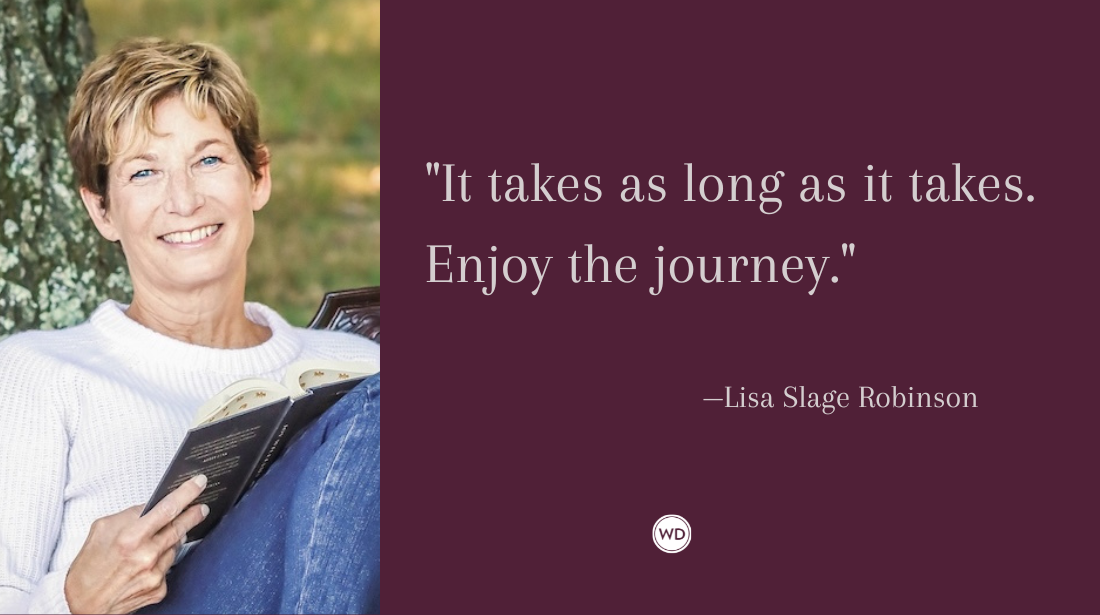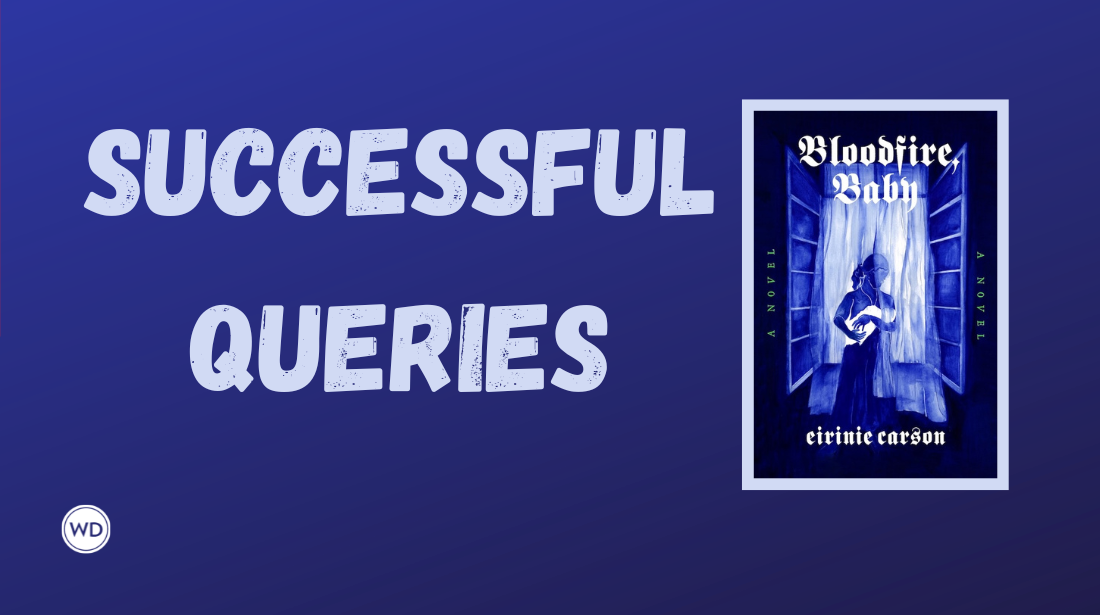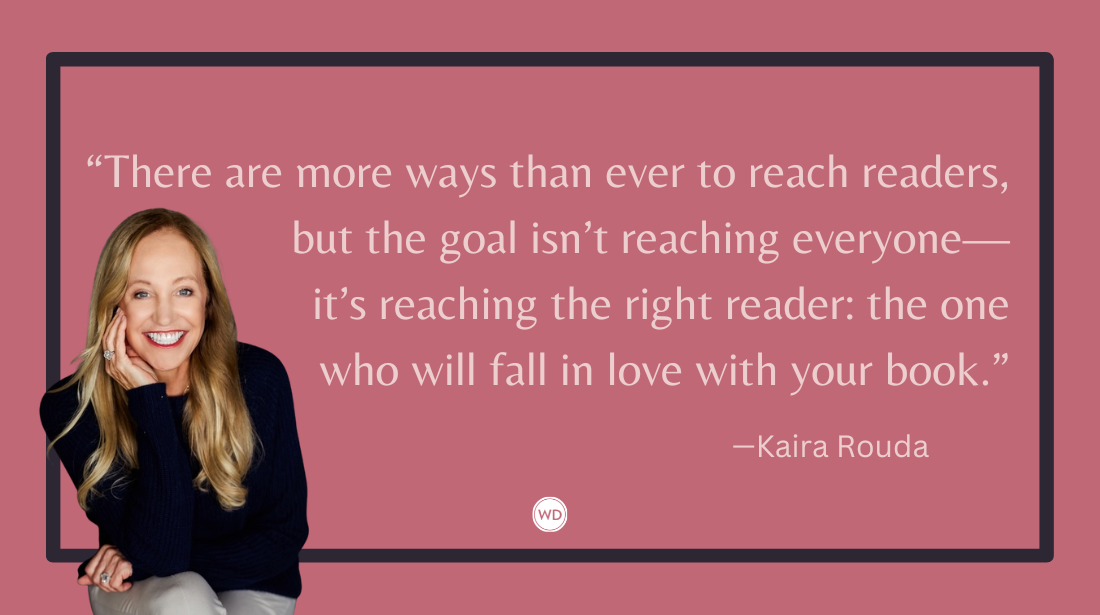3 Surprising Lessons About Publishing Today
With the newsstand release of every new edition of Writer’s Digest magazine, I typically share a few of the best tips relating to the issue’s cover theme here. But in…
With the newsstand release of every new edition of Writer’s Digest magazine, I typically share a few of the best tips relating to the issue’s cover theme here. But in compiling our February 2013 issue—focused on innovative ways to Make Money Writing and featuring an unexpected WD Interview subject—I found that it held so many interesting and provocative lessons about success in publishing today (even some that don’t necessarily relate to the cover topic) that I thought I’d switch things up here and share a few of those instead. So, without further ado:
3 Random Lessons to Challenge Your Assumptions About Publishing Today
1. We shouldn’t assume that every celebrity author is just looking to cash in on his or her fame with a book.
At first glance, you might have been surprised by our decision to feature Jamie Lee Curtis as this issue’s WD Interview subject. But you’ll quickly find that the interview speaks for itself, as Curtis explains that in spite of her long acting career, it’s actually her long-running series of children’s books that is her proudest accomplishment, her “best thing.” As she told WD:
“Every time I publish a book, it’s like [people think] I’m jumping on a celebrity bandwagon. It’s shocking what people have said to me out of their ignorance. … They talk about it like it’s a cute pet. Like a hobby—like I do stained-glass plant holders. And they say, ‘Oh, that’s lovely.’ At this point, I no longer attempt any sort of book-ography—I just look at them and say, ‘Yes, I’ve been writing for 22 years, and this is my 10th book.’ ”
Even if you have a general disdain for celebrity authors (we hear all the time from readers who do), it’s pretty tough to take issue with one such author who’s using those books as platforms to do nothing more than help kids feel good about themselves. Plus, the titles in Curtis’ self-esteem–focused Books to Grow By treasury have rave reader reviews on Amazon and other online book retailers and communities.
I own Curtis’ book Where Do Balloons Go? An Uplifting Mystery, and even though it’s labeled for ages 4 and up, it’s one of my 18-month-old son’s favorites. It’s also one of the titles on his well-stocked bookshelves that I never tire of reading to him again and again. The story is a great read-aloud, and the illustrations are full of clever little jokes that only parents will get (which Curtis told WD she thinks of as their “secret sauce”). What’s more, it’s surprisingly touching; your child likely thinks it’s just about balloons floating away, but parents know the meaning goes deeper. Curtis explained:
“When I finish [writing] a book, if when I read it, it does not move me to tears, there’s something wrong with it and I have to address it and learn what it is and why. … What I really want to do is remind the parent, in every book I’ve written, that this moment with your child is very precious. It’s short. Life has a very scary way of changing it all up very quickly, and we need to connect our hearts all the time with our kids because it is so fleeting.”
Especially if you aspire to write books for young readers, I highly recommend the full interview with warm, down-to-earth author Jamie Lee Curtis in the February 2013Writer’s Digest.
2. It’s possible to get so caught up in the idea of self-publishing at a professional level that you suck all the joy out of self-publishing.
We talk a lot here about needing to be business savvy in order to be truly successful (financially and otherwise) in self-publishing. And while that’s true, there’s certainly more to the big picture for many authors who choose to self-publish. In Porter Anderson's article “Banking on E-Books,” Orna Ross of the Alliance of Independent Authors puts this into perspective when she rightly points out that self-published e-books in particular can serve as an outlet for work that traditional publishers would not find commercially viable enough to compete in the marketplace otherwise. (Aside from the satisfaction of sharing that work with readers, there’s also the well-made point that even modest earnings from such work are better than leaving it sitting on your computer’s desktop.) She says:
“Any attempt to treat the kind of books I write from a purely business perspective would be doomed—life would become very miserable because I’d be chasing a chimera. And for me, it would take away the point of self-publishing—I’m not about to replicate the very aspects of trade publishing that caused me to leave."
(The full “Banking on E-Books” article in the February 2013 "Make Money Writing" issue is a must-read for anyone thinking of independently publishing digitally. Bonus: Click here to read the article's online exclusive companion, "Do Free E-Books Pay Off?" now for free.)
3. There’s one and only one reason that some novels succeed in spite of weak publicity support and other common publishing industry laments.
And that’s quality. In his frank and thought-provoking article “Failure to Launch," top literary agent Donald Maass (author of the brand-new bookWriting 21st Century Fiction) explains:
“I’m not saying that the industry is perfect, or that authors can’t help their sales with smart self-promotion. (Although my experience has been that the boost is typically smaller than evangelists would like you to believe.) If you want to distract yourself with those issues, go ahead. I won’t stop you. But you’ll be missing a critical point.
“As a literary agent who’s helped guide fiction careers for more than 30 years, here’s what I’ve learned: Runaway success comes from great fiction, period. The publishing industry may help or hinder but cannot stop a powerful story from being powerful. Conversely, the book business cannot magically transform an adequate novel into a great one.
“You may not like every bestseller (Fifty Shades of Grey, anyone?), but if a book is selling well then it’s doing things right for many readers. By the same token, less commercially successful novels are not doing enough of those things, even if they were good enough to get into print.”
Maass goes on to detail ways you can work to elevate your story above the competition. I highly recommend the full piece for anyone serious about writing and selling fiction today. (And for more fiction writing tips from Maass, take a look inside Writing 21st Century Fiction with this exclusive free excerpt.)
The February 2013 Writer's Digest is about to end its run on newsstands, so I encourage you to pick one up, if you haven’t already—or download this valuable issue designed to help you find innovative ways to make money writing now. Its pages are filled with fresh ideas for boosting your writing income, and your career along with it.
If you’ve already got the issue in hand, we’d love to hear your favorite tips, quotes or bits of insight from its pages! Leave a comment below to keep the conversation going. And thanks for reading.
Jessica Strawser
Editor, Writer’s Digest Magazine
@jessicastrawser
Like what you read from WD online? Subscribe today, so you’ll never miss an issue in print! Or, have our specially formatted digital issues delivered directly to your inbox, or to your Amazon Kindle.
Jessica Strawser is editor-at-large for Writer's Digest and former editor-in-chief. She's also the author of several novels, including Not That I Could Tell and Almost Missed You.









